If you are looking for a content management system (CMS) to build your website, you have most likely come across WordPress, Joomla, Drupal, and Magento in your research. These are the four main software programs used to create websites, and each has its pros and cons. But which CMS is right for you? In this blog post, we compare the programs to get a clearer picture.
What is a CMS?
WordPress, Joomla, Drupal, and Magento are all content management systems. This means that they are software programs that create a website for you without detailed computer coding knowledge. Designed to help you manage your site, allowing you to upload and edit new content; control how, when, and to whom the content is displayed, and manage user and content interactions.

Key Advantages of a CMS
Great tools for indexing, searching, and retrieving content. In other words, they make it easier for users to search for and find the content they are looking for. This also makes them search engine friendly.
These allow you to update and edit the content after it is published. You can use templates or themes to create the look and feel of your site and the display of your content.
Know More: Our CMS Services
Benefits of using WordPress, Joomla, Drupal, and Magento
All of them are open-source, free to use, and come with plenty of free online advice. They help SEO by creating search engine-friendly URLs.
There are plenty of themes to choose from and these can be customized to give your site a unique design. The website is managed through an easy-to-use administration panel. Installation is usually simple. Here is our evaluation of each platform:
WordPress
- WordPress started as a user-friendly blogging platform. However, its popularity has meant that it has been massively developed over the years, and today there are thousands of themes and plugins that can be used to create almost any type of website.
- 27% of the world’s sites have been created, and the WooCommerce plugin runs 30% of all online stores. One of the reasons for its popularity is its ease of use.
- The lightest of the four CMS platforms mentioned in this post, and technical experience, while useful, is not essential.
- Websites can be set up quickly, and learning how to use WordPress is intuitive – if you get stuck, there are mountains of information on the web.
- When you create content using WordPress, a built-in editor adds text, images, and videos, or you can cut and paste from MS Word, which is much harder to do using other platforms. Organizing your content using page menus or post/product categories is also easy, allowing visitors to easily find what they’re looking for.
- Overall, WordPress is best suited for fewer complex websites and for users looking for a platform that doesn’t require a lot of technical know-how.
Joomla
- Launched in 2005, Joomla quickly proved to be one of the leading CMS platforms and is used by millions of websites worldwide.
- It has thousands of free themes and plug-ins that allow users to create a wide variety of websites, including e-commerce, with customized design and user-friendly features.
- Using Joomla is a little more complicated than WordPress and you don’t have as many themes or extensions to choose from.
- However, creating a website is still relatively easy, and after spending some time learning how the program works and getting used to its structure and vocabulary, managing the site becomes easy.
- One of the advantages of Joomla over WordPress is that it is considered better for managing more complex websites. Ideal for social sites and membership sites with many registered users.
- One of the key features is the ability to create different user levels for different user levels, allowing them to restrict access to certain parts of the site or allow them to be modified.
- Joomla is also a great platform for creating social networking sites or integrating networking features into other types of websites.
- Overall, Joomla allows you to create websites that are structurally more flexible and have more content than WordPress.
Drupal
- Drupal is the most powerful of the platforms mentioned here and is ideal for creating very complex websites.
- However, it is also the most complex CMS that perhaps should be left to those with technical sense or developers.
- If you need a large, data-intensive website, Drupal is the optimal choice.
- It is often used to run university, media, and government websites, and is an extremely stable platform that can handle the significant quality of data much better than its competitors.
- It can also accommodate high traffic and can be increased with little difficulty. However, doing these things requires more storage resources, so you may need a VPS, dedicated server, or cloud-based storage instead of shared storage.
- Drupal is also an extremely versatile CMS with plenty of modules (plugins) to extend the functionality.
- Similarly, you can choose from nearly 2,500 different themes, most of which can be customized to create stunning and unique websites. As they are an open-source platform, they are constantly being supplemented and updated.
- Overall, Drupal is best if you need a large, efficient website and have the technical knowledge to manage it. If you want something to build and manage your own website, it’s much easier to use other platforms.
Magento
- Magento is a CMS that specializes in a single niche – e-commerce.
- Although open-source and free to use, it was “acquired” by eBay, who created the commercial “Enterprise” version of the platform. However, eBay’s involvement has been key to Magento’s development and is now considered one of the leading e-commerce platforms.
- Magento doesn’t simply create online stores, but in a way that increases user engagement, makes navigation airier, and most importantly for store owners, improves conversion rates and increases sales.
- Magento’s biggest competition is WordPress, with WooCommerce installed. The difference is that Magento is a CMS developed specifically for e-commerce, while WooCommerce is an e-commerce framework bolted to a general-purpose.
After reading this article, you now need to better understand what a CMS is and the main CMS platforms on which to build your site. You will have more knowledge about the similarities and differences between WordPress, Joomla, Drupal, and Magento, and which one works best for you. If you are considering setting up a website with any of the CMS platforms mentioned in this post, we may offer separate hosting packages with separate 24/7 technical support for each platform. For more information, click on the appropriate link: WordPress web hosting, Joomla hosting, Drupal hosting, Magento hosting.
The post How to Choose the Right CMS Platform: WordPress vs. Joomla vs. Drupal vs. Magento appeared first on .

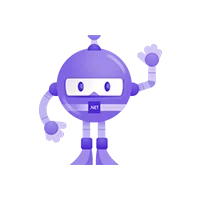 .NET MAUI Development
.NET MAUI Development
 Xamarin Application Development
Xamarin Application Development
 React Native App Development
React Native App Development
 iOS Application Development
iOS Application Development
 Android Application Development
Android Application Development
 Android Wear App Development
Android Wear App Development
 Ionic Development
Ionic Development
 iBeacon Application Development
iBeacon Application Development
 Universal Windows Platform (UWP)
Universal Windows Platform (UWP)
 Kotlin Application Development
Kotlin Application Development
 Swift Application Development
Swift Application Development
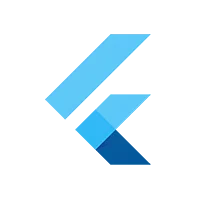 Flutter Application Development
Flutter Application Development
 PWA Application Development
PWA Application Development
 .NET Application Development
.NET Application Development
 .NET Nuke Development
.NET Nuke Development
 Microsoft Dynamics CRM
Microsoft Dynamics CRM
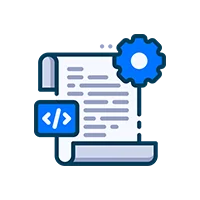 Microsoft Small Business Solution
Microsoft Small Business Solution
 VB .NET Development
VB .NET Development
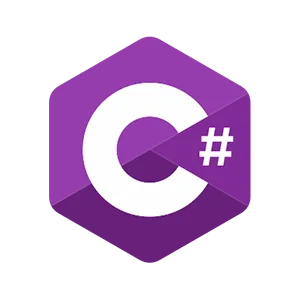 C# Development
C# Development
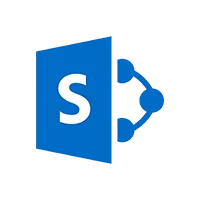 Sharepoint Migration
Sharepoint Migration
 Sharepoint Development
Sharepoint Development
 ASP.NET Core Development
ASP.NET Core Development
 ASP.NET Development
ASP.NET Development
 ASP.NET MVC Development
ASP.NET MVC Development
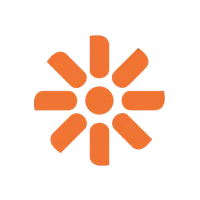 Kentico CMS
Kentico CMS
 Umbraco CMS
Umbraco CMS
 AJAX Development
AJAX Development
 Agile Development
Agile Development
 Microsoft Bot
Microsoft Bot
 Microsoft Blazor
Microsoft Blazor
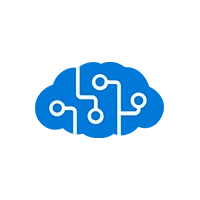 Microsoft Azure Cognitive
Microsoft Azure Cognitive

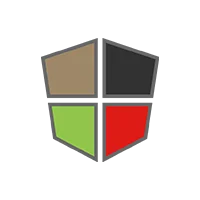 Mean Stack Development
Mean Stack Development
 Vue JS Development
Vue JS Development
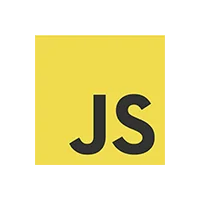 Javascript Development
Javascript Development
 Angular JS Development
Angular JS Development
 Next JS development
Next JS development
 Java Development
Java Development
 Python Development
Python Development
 Django Development
Django Development
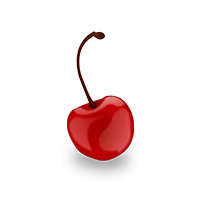 Cherrypy Development
Cherrypy Development
 NodeJS Development
NodeJS Development
 Laravel Development
Laravel Development
 CodeIgniter Development
CodeIgniter Development
 Zend Development
Zend Development
 Ruby on Rails Development
Ruby on Rails Development
 CakePHP Development
CakePHP Development
 PHP Website Development
PHP Website Development
 Symfony Development
Symfony Development
 Drupal Development
Drupal Development
 Joomla Development
Joomla Development
 Wordpress Development
Wordpress Development
 Offshore Software Development
Offshore Software Development
 Custom Application Development
Custom Application Development
 Full Stack Development
Full Stack Development
 AI & Machine Learning
AI & Machine Learning
 Custom CRM Solutions
Custom CRM Solutions
 Flask Software Development
Flask Software Development
 Electron JS Development
Electron JS Development
 ChatGPT Development
ChatGPT Development
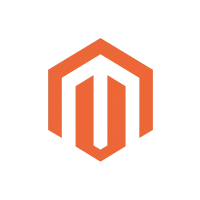 Magento Development
Magento Development
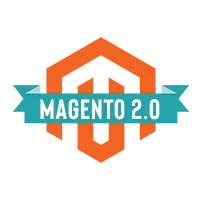 Magento 2.0 Development
Magento 2.0 Development
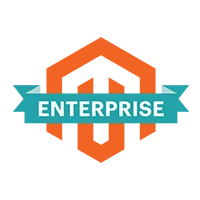 Magento Enterprise
Magento Enterprise
 Shopping Cart Development
Shopping Cart Development
 Prestashop Development
Prestashop Development
 Shopify Development
Shopify Development
 Open Cart Development
Open Cart Development
 WooCommerce Development
WooCommerce Development
 BigCommerce Development
BigCommerce Development
 NopCommerce Development
NopCommerce Development
 Virto Commerce Development
Virto Commerce Development
 AspDotNetStorefront Development
AspDotNetStorefront Development
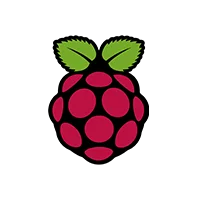 RaspBerry Pi
RaspBerry Pi
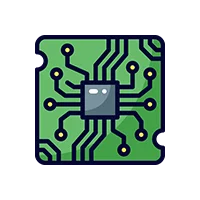 Firmware Software Development
Firmware Software Development
 ESP 32 Software Development
ESP 32 Software Development
 Embedded Development
Embedded Development
 Internet of Things
Internet of Things
 Nordic Development
Nordic Development
 HTML 5
HTML 5
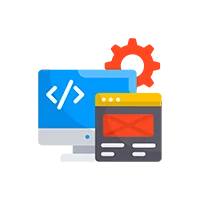 UI/UX Design
UI/UX Design
 Graphic Design
Graphic Design
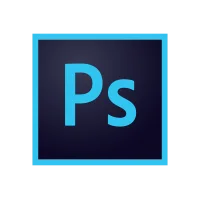 Adobe Photoshop
Adobe Photoshop
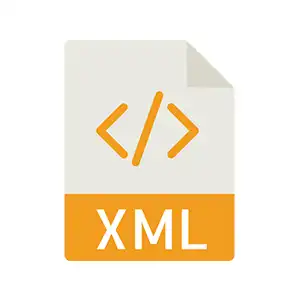 XML Application Development
XML Application Development
 Cloud Computing Solutions
Cloud Computing Solutions
 Azure Cloud App Development
Azure Cloud App Development
 AWS Development
AWS Development
 Google Cloud Development
Google Cloud Development
 SQL Programming Development
SQL Programming Development
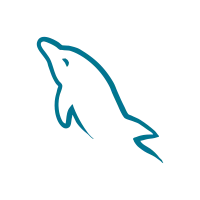 MySQL Development
MySQL Development
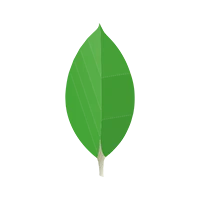 MongoDB Development
MongoDB Development
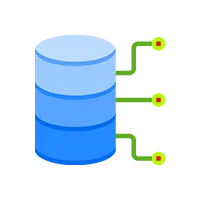 Big Data
Big Data
 Robotic Process Automation
Robotic Process Automation
 Social Media Marketing
Social Media Marketing
 Search Engine Optimization
Search Engine Optimization
 QA Testing
QA Testing
 Software Testing
Software Testing
 Software Security
Software Security
 Maintenance And Support
Maintenance And Support
 I.T. Consulting Services
I.T. Consulting Services
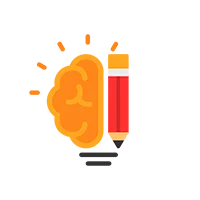 Business Intelligence
Business Intelligence
 YII Development
YII Development
 Data Analysis
Data Analysis
 Alexa Skills Development
Alexa Skills Development
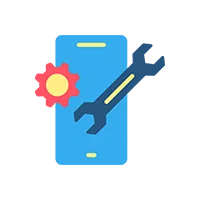 On Demand App for Mobile repairing services
On Demand App for Mobile repairing services
 On Demand App for Car Service Booking
On Demand App for Car Service Booking
 On Demand App for Cleaning Services
On Demand App for Cleaning Services
 On Demand App for Pharmacy
On Demand App for Pharmacy
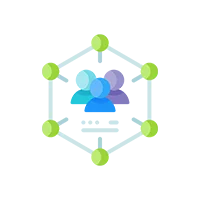 On Demand Dedicated Developers
On Demand Dedicated Developers





Leave a Reply